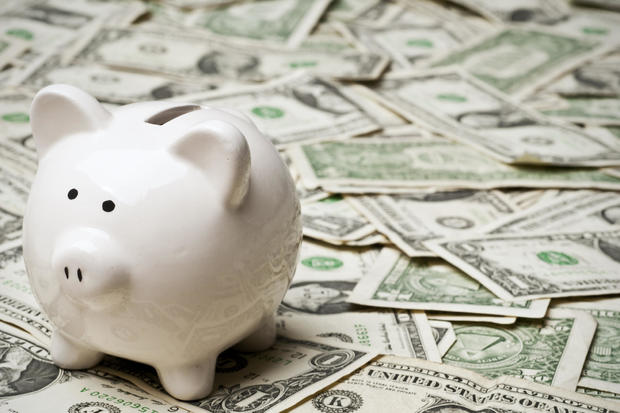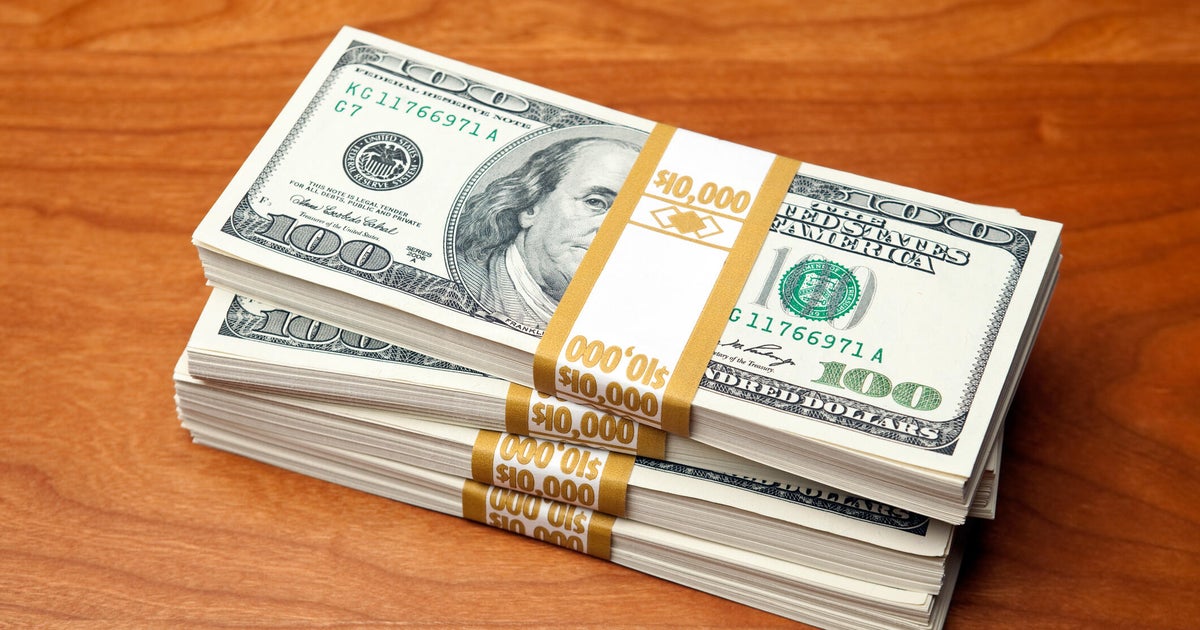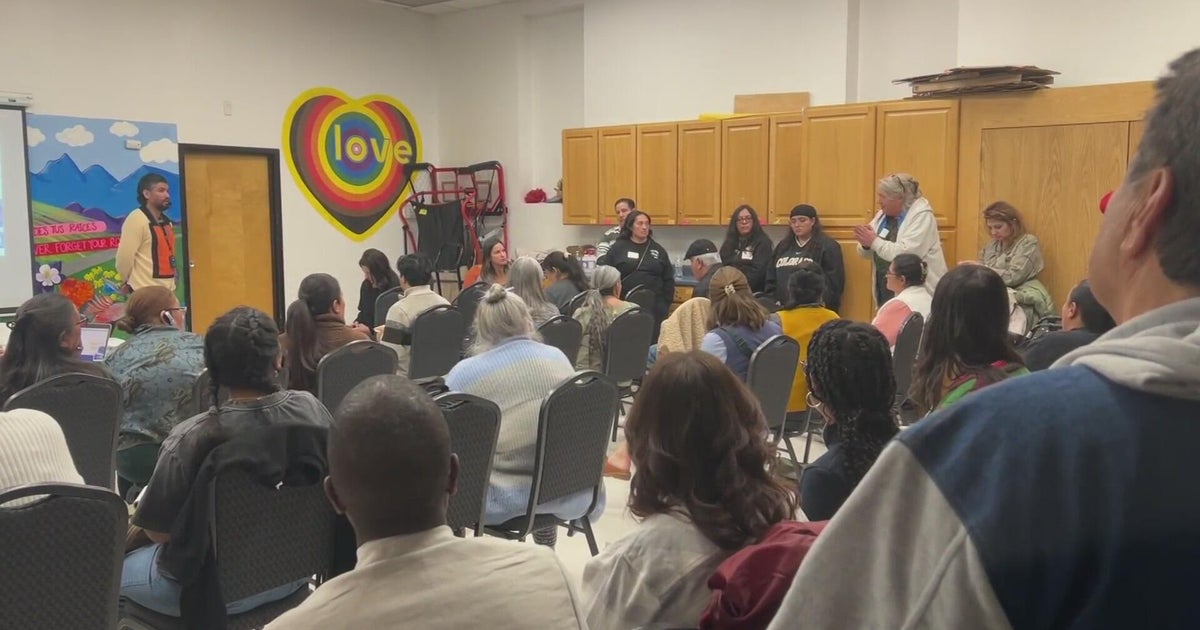Why you should open a long-term CD this week
When inflation surged to a four-decade high in June 2022, the Federal Reserve responded with a series of interest rate hikes. Starting with a 25 basis point hike that March, by the following summer, the Fed had raised its federal funds rate to its highest level in 22 years. And it's been frozen there since. While this has caused a financial burden for millions of borrowers, it's also been a major boost for savers who were able to take advantage. Those who opened certificates of deposit (CD) or high-yield savings accounts were able to earn exponentially more on their money than they could have just a few years prior.
But the rate climate is changing once again.
Inflation has fallen dramatically from where it was in 2022 and concerns over unemployment are growing. Against this backdrop, the Fed is poised to issue its first cut since 2020 this week. And while that will be a help for borrowers, it should urge savers to take some actions now while they still can. Long-term CDs, which don't mature for more than a year, are one of the best ways to capitalize. Below, we'll detail why.
Start earning more on your money with a top long-term CD here now.
Why you should open a long-term CD this week
Not sure if now is the right time to open a long-term CD? Here are three reasons why you should consider acting this week.
Rates are still high
Rates on long-term CDs are still in the low 4% range now. That's $4.00 earned for every $100 deposited. So if you deposit thousands of dollars and don't touch the money until the account has matured, you could earn hundreds of dollars in interest. Put another way: A 4% CD interest rate is 769% better than what you can earn with a traditional savings account, which averages just 0.46% right now. So take advantage while you still can. Just be sure to do so with an amount of money you're comfortable leaving in the CD for the full term (or risk having to pay an early withdrawal penalty).
Get started with a high-rate CD online today.
Rates are falling and will fall again this month
Depending on the lender in question, the rate you can get with a long-term CD may have already fallen compared to what was available earlier in the year. That's because some lenders may have already priced in presumed interest rate cuts. And that rate could fall again, both after the Fed issues its first cut this week and as new economic data is released in the weeks ahead. Plus, rate cuts could be issued again in November and December, at which point the money you could earn with a CD will be significantly reduced compared to what you could make if you act now.
The alternatives won't protect you against rate cuts
No savings vehicle can fully protect you against rate cuts, even CDs, which are affected by federal rate hikes and cuts. But the alternatives will offer you even less protection than a long-term CD will. That's because rates on money market, high-yield savings and even high-yield checking accounts are all variable and subject to change as the rate climate evolves. But rates on CDs are locked, allowing savers to earn a predictable return despite any cuts in the larger rate climate. This is a major advantage, in particular, for long-term CDs which will help savers weather upcoming rate adjustments until the market levels off again — possibly for years to come.
The bottom line
CDs are still a smart bet for savers but they're becoming less so as interest rates decline and will become less favorable once rate cuts start to be issued this week. So don't wait for that to happen. Act today, lock in a high interest rate ahead of any major cuts and enjoy the big returns that you simply won't be able to earn with comparable alternatives.




